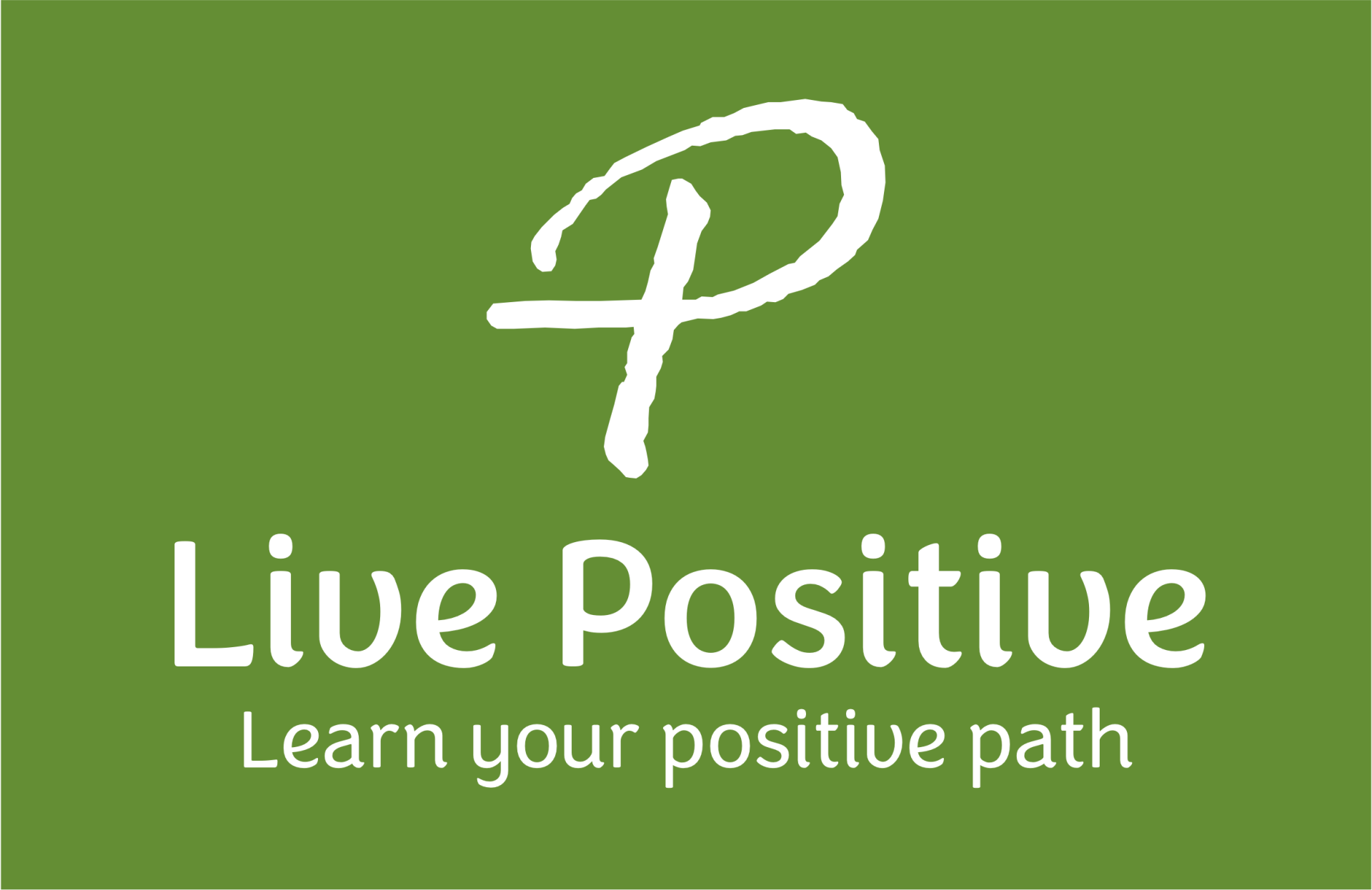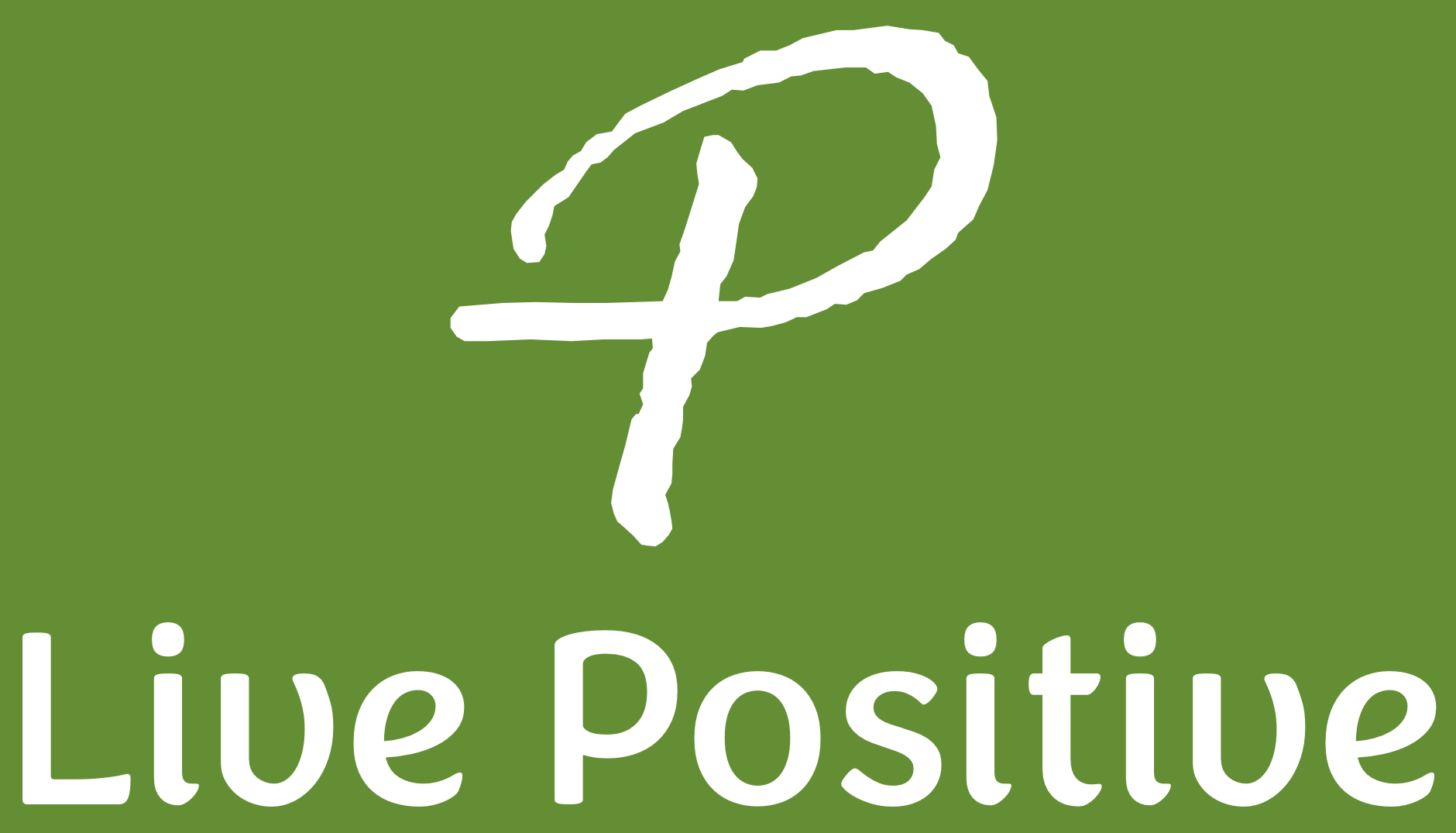A Different Perspective on Trust
Aug 19
/
Sherly McLoughlin
One of my most significant challenges was the
difficulty in establishing trust—not only in others but also in myself.
This persistent issue has influenced my interactions so often, I’ve lost count. The only way I could describe this discomfort is like a continual state of caution and uncertainty which can be extremely exhausting. And not just that. I can tell you that it leaves you with the inability to make decisions with confidence. It can make you wish someone would make that decision for you. It fogs up your mental vision and jumbles ideas chaotically in your head. It makes you want to disengage with the situation and the people. But worst of all, it drives you into isolation. At least, this was where I was at with my trust issue.
Albeit, despite the awareness of my trust issues and having had enough of the struggle with trust, which had significantly impacted my relationship with myself, taking away my sense of ease—even in familiar settings, the chance of a meaningful change would remain elusive for some time longer, because I knew it had to start with my own perspective first, and that would take some time.
The perspective I was working with, at the time, was doing me more harm than I thought - or so I thought. Often, the actions that unfolded turned into clashes and conflicts with both others and with me. After a while, it even became something of a normality, until I found that my trust issues had molded me into the confrontational, bitter person that I didn’t want to be. And suddenly, there was an urgency in having to do something about this mindset because I knew that I had to start fostering reciprocal trust if I wanted to see personal growth.
Then I realized that the core reason I had trust issues, to begin with, was because I wasn’t informed enough about the concept of trust and how it could be regulated so that it serves me well. Too much or too little can be detrimental.
So I did some investigation of my own which landed me on positive psychology and suddenly, the pieces started coming together.
Firstly, I concluded that I had neglected to acknowledge my own character strengths. Secondly, I needed find out what my character strengths could do for me, which brings me to the third point - I had overlooked the most useful character strength to help me through my trust issues – judgement.
Then I linked judgement and objectivity together. I started to see that if I could learn to look at things objectively, I could regulate emotional responses better, which would help me mitigate a negative cycle triggered by mistrust. And the way to do this is through intentional management of thoughts and emotions. I realised that if I could do that, I would be able to cultivate greater self-assurance and resilience when facing challenges. The greater self-assurance would hold me up while resilience would help me get back up if I was struck by adversities.
Ultimately, I had discerned that the root cause of lack of trust originated within me. Unfortunately, those roots needed some nurturing and fostering because they had dried up and this became my task and mission, and I had a plan.
My new approach would become my intervention. It involved consciously stepping back from situations to consider multiple perspectives before acting. By systematically evaluating different viewpoints, I aimed to establish an informed decision-making process grounded in objectivity rather than emotional bias.
In doing so, over time, I also learned that compassion and empathy, combined with emotional regulation also came into play and that positioned me to make more sound judgements—particularly towards myself. This, in return, enabled me to foster a wiser, more self-aware outlook, creating a much improved experience overall.
Today, when I feel uncertain, distrustful, and lack the confidence and the ability to make the choices, to take the right path, or to do the best with what I have, I call on judgement to help me. The simple notion that judgement is the antidote, the tool, and the mental support which goes everywhere I go and is present in me all the time, empowers me. It motivates me to work towards finding the better version of myself. The version that comes with sound judgement, confidence, and of course, trust.
Which one of your character strengths would you use to help you if you had issues with trust?
This persistent issue has influenced my interactions so often, I’ve lost count. The only way I could describe this discomfort is like a continual state of caution and uncertainty which can be extremely exhausting. And not just that. I can tell you that it leaves you with the inability to make decisions with confidence. It can make you wish someone would make that decision for you. It fogs up your mental vision and jumbles ideas chaotically in your head. It makes you want to disengage with the situation and the people. But worst of all, it drives you into isolation. At least, this was where I was at with my trust issue.
Albeit, despite the awareness of my trust issues and having had enough of the struggle with trust, which had significantly impacted my relationship with myself, taking away my sense of ease—even in familiar settings, the chance of a meaningful change would remain elusive for some time longer, because I knew it had to start with my own perspective first, and that would take some time.
The perspective I was working with, at the time, was doing me more harm than I thought - or so I thought. Often, the actions that unfolded turned into clashes and conflicts with both others and with me. After a while, it even became something of a normality, until I found that my trust issues had molded me into the confrontational, bitter person that I didn’t want to be. And suddenly, there was an urgency in having to do something about this mindset because I knew that I had to start fostering reciprocal trust if I wanted to see personal growth.
Then I realized that the core reason I had trust issues, to begin with, was because I wasn’t informed enough about the concept of trust and how it could be regulated so that it serves me well. Too much or too little can be detrimental.
So I did some investigation of my own which landed me on positive psychology and suddenly, the pieces started coming together.
Firstly, I concluded that I had neglected to acknowledge my own character strengths. Secondly, I needed find out what my character strengths could do for me, which brings me to the third point - I had overlooked the most useful character strength to help me through my trust issues – judgement.
Then I linked judgement and objectivity together. I started to see that if I could learn to look at things objectively, I could regulate emotional responses better, which would help me mitigate a negative cycle triggered by mistrust. And the way to do this is through intentional management of thoughts and emotions. I realised that if I could do that, I would be able to cultivate greater self-assurance and resilience when facing challenges. The greater self-assurance would hold me up while resilience would help me get back up if I was struck by adversities.
Ultimately, I had discerned that the root cause of lack of trust originated within me. Unfortunately, those roots needed some nurturing and fostering because they had dried up and this became my task and mission, and I had a plan.
My new approach would become my intervention. It involved consciously stepping back from situations to consider multiple perspectives before acting. By systematically evaluating different viewpoints, I aimed to establish an informed decision-making process grounded in objectivity rather than emotional bias.
In doing so, over time, I also learned that compassion and empathy, combined with emotional regulation also came into play and that positioned me to make more sound judgements—particularly towards myself. This, in return, enabled me to foster a wiser, more self-aware outlook, creating a much improved experience overall.
Today, when I feel uncertain, distrustful, and lack the confidence and the ability to make the choices, to take the right path, or to do the best with what I have, I call on judgement to help me. The simple notion that judgement is the antidote, the tool, and the mental support which goes everywhere I go and is present in me all the time, empowers me. It motivates me to work towards finding the better version of myself. The version that comes with sound judgement, confidence, and of course, trust.
Which one of your character strengths would you use to help you if you had issues with trust?


